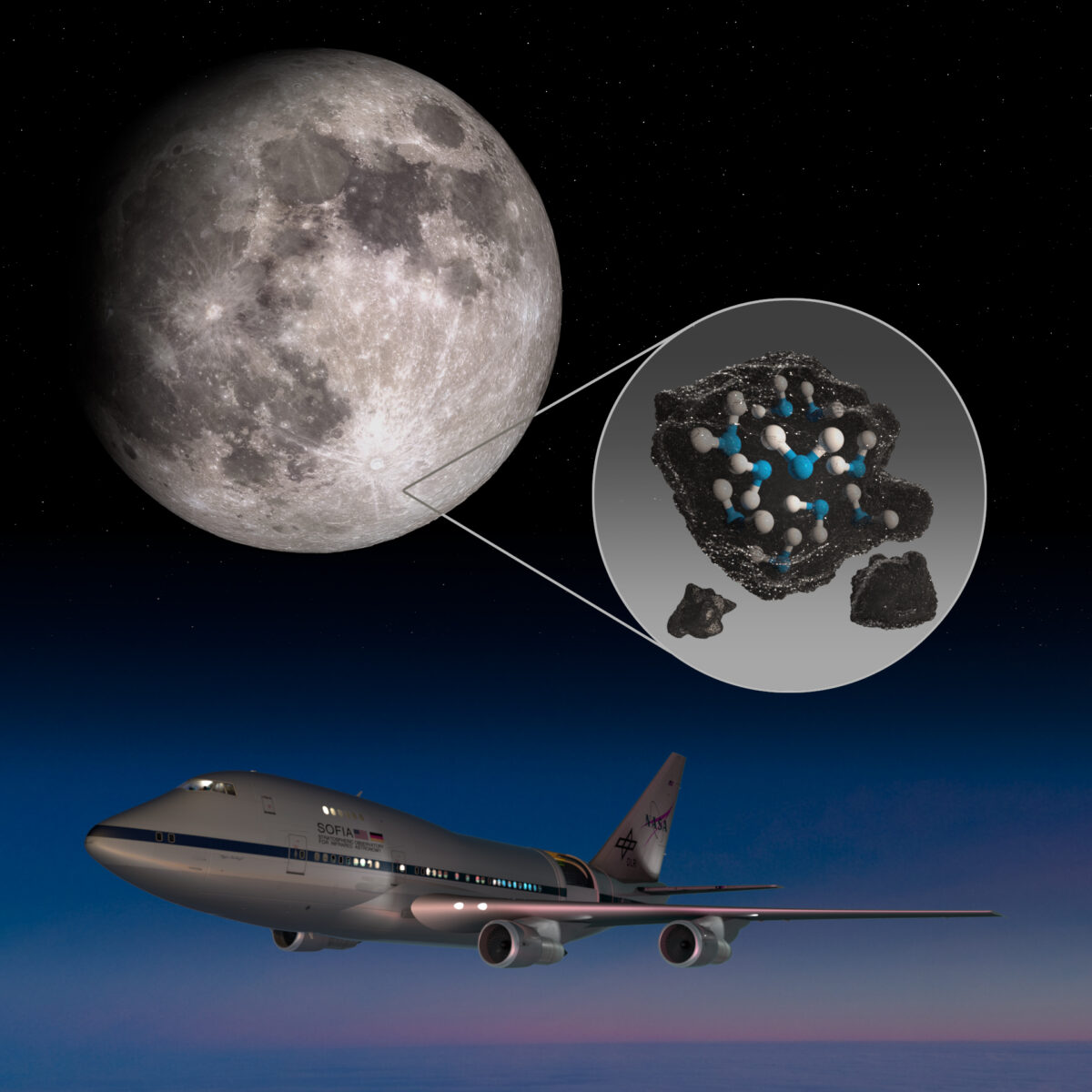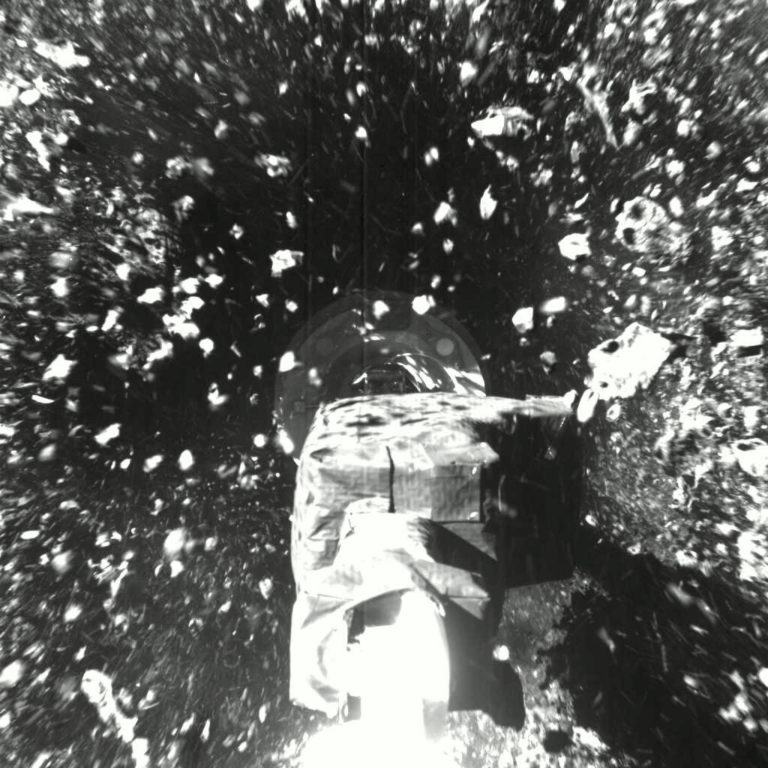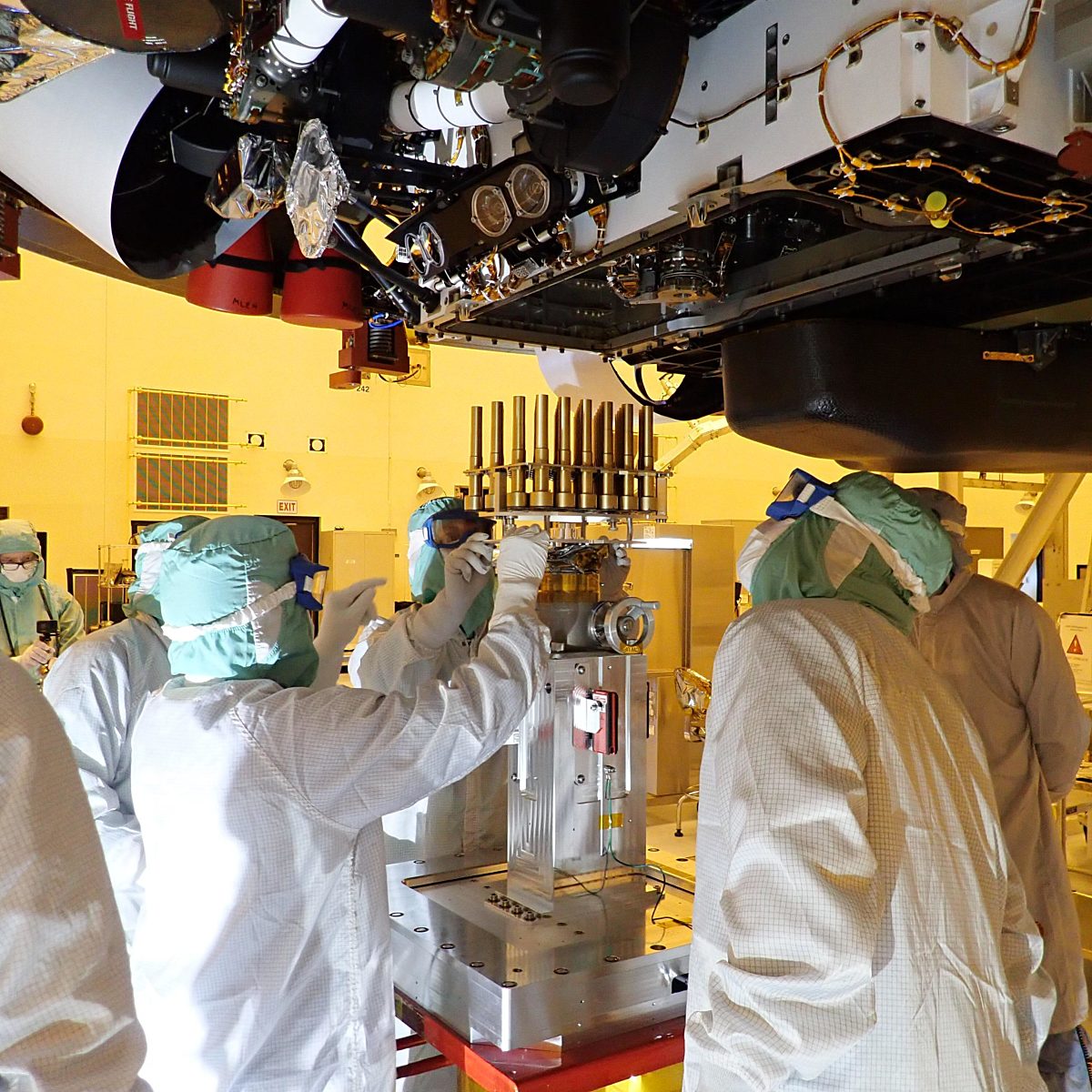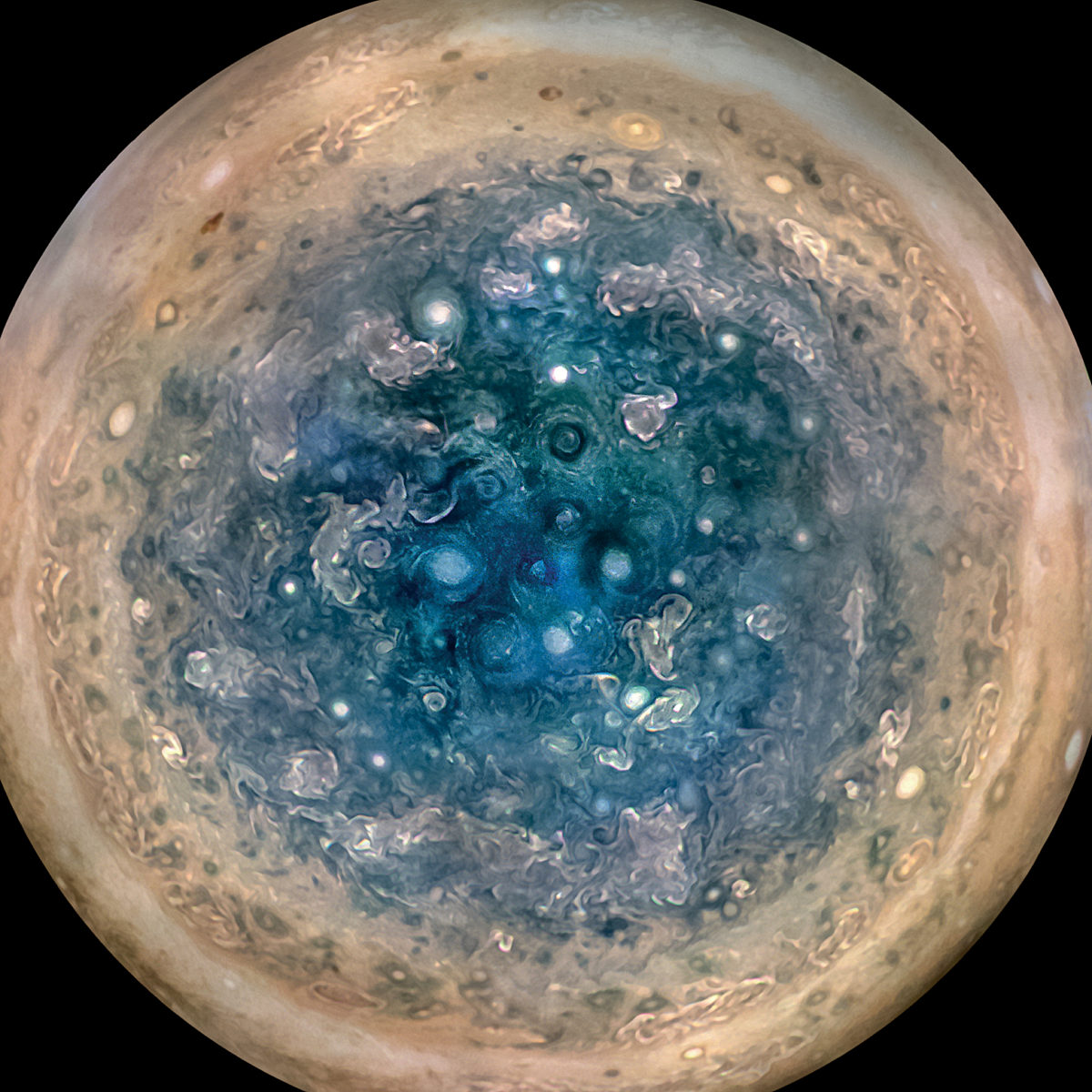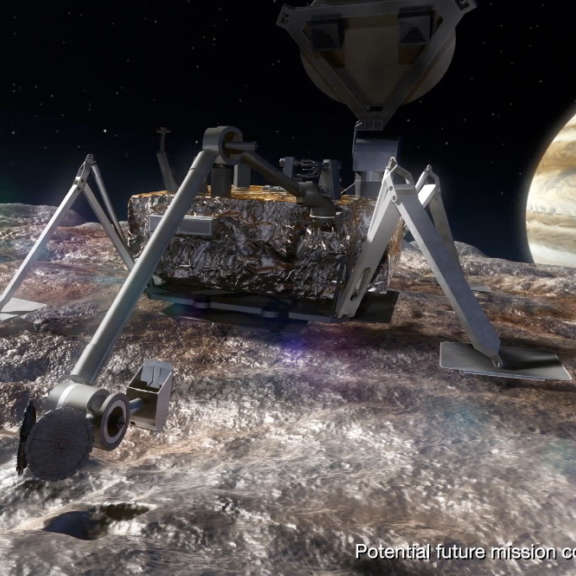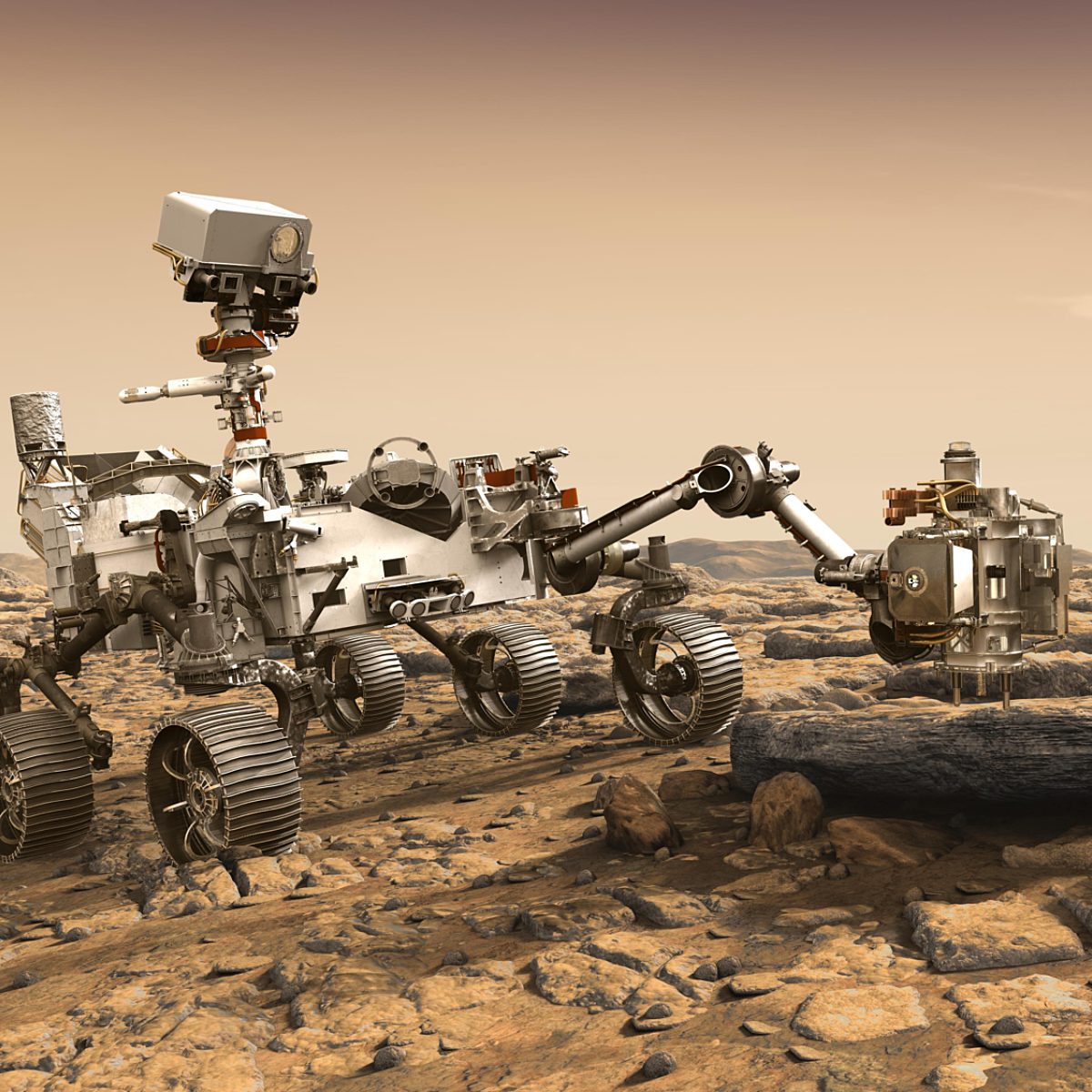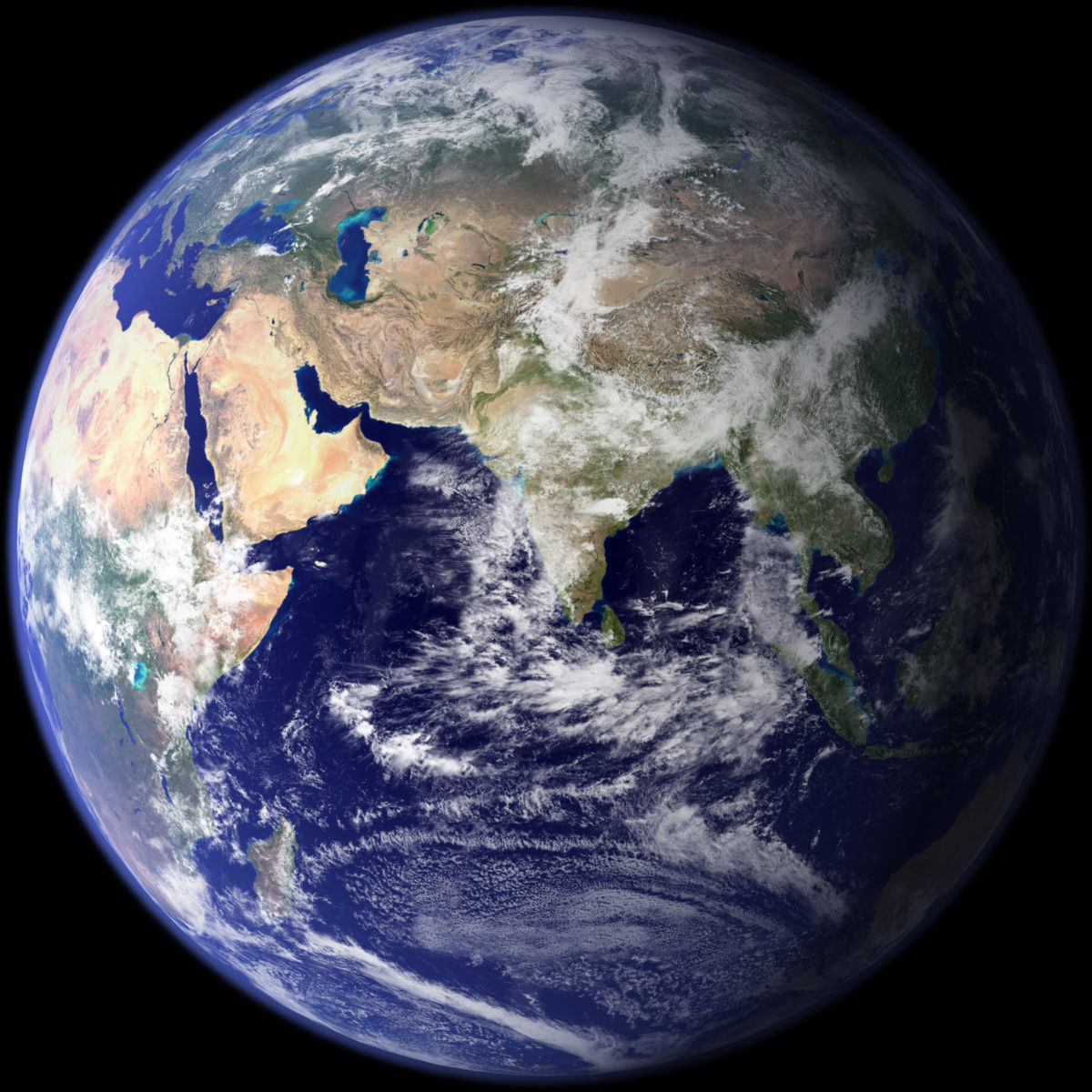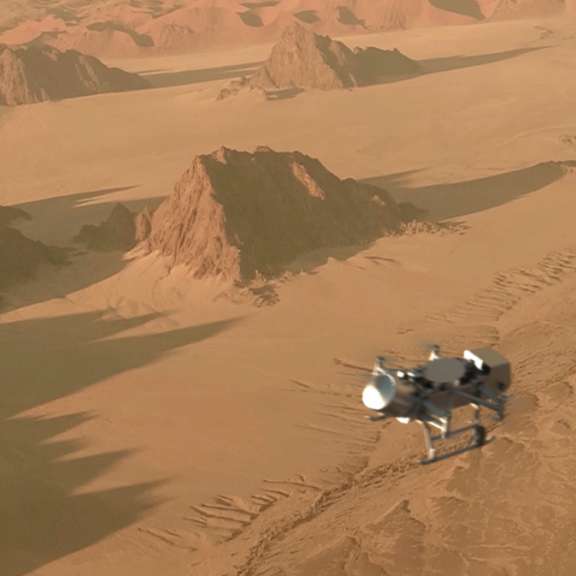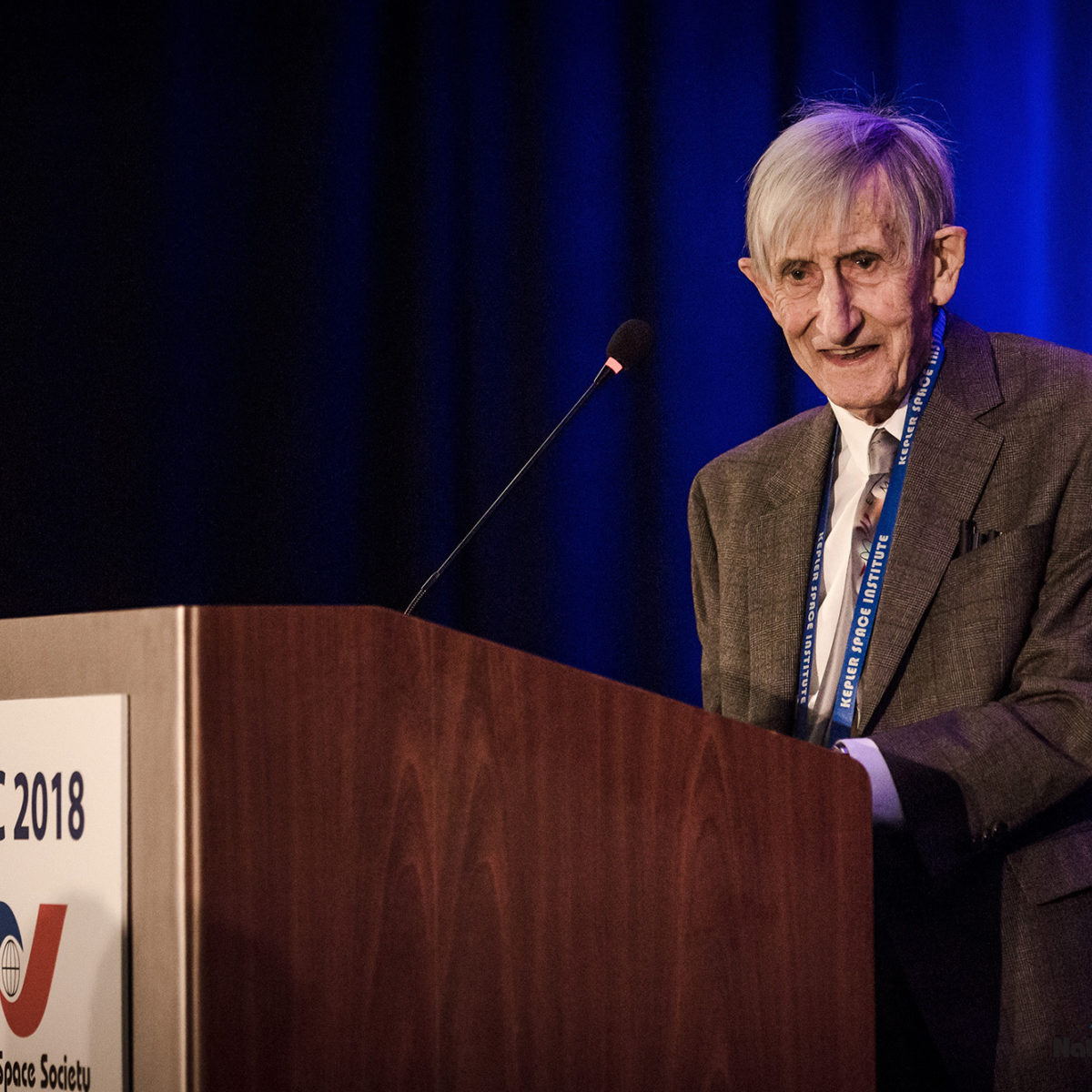Since 2002, Planetary Radio has visited with a scientist, engineer, project manager, advocate, or writer who provides a unique perspective on the quest for knowledge about our Solar System and beyond. The full show archive is available for free.
Search Planetary Radio
University of Glasgow chemist Lee Cronin believes he and his collaborators have found a way to recognize life as we know it and as we don’t know it.
Astrophysicist Grant Tremblay describes how four proposed space telescopes could reveal our solar system and the universe as never before.
Astronomer Jane Greaves returns with an update on the phosphine gas floating above Venus, before Casey Honnibal takes us through her team’s discovery of water right out under the Sun on Earth’s Moon.
The leader of the OSIRIS REx asteroid sample return mission shares more details of last week’s encounter in an exclusive interview, while we also learn about the proposed mission to look for life on Saturn’s moon Enceladus.
NASA’s planetary protection officer joined Mat Kaplan’s Humans to Mars summit panel for a great conversation about protecting worlds throughout the solar system from what could be devastating contamination.
It could be a profound and historic discovery made on Earth’s nearest planetary neighbor.
Georgetown University planetary scientist Sarah Stewart Johnson chronicles the long history of our fascination with Mars and the possibility of life there, culminating with Perseverance, the new rover now headed there.
New research reveals why Earth is on its own in this solar system’s habitable zone where liquid surface water flows, but the same isn’t true across the galaxy.
JPL scientist Kevin Hand is endlessly fascinated by the possibility of life in the hidden oceans of the outer solar system’s moons, and now he has written a great book about the quest to discover it.
The search for life on Mars is at a critical stage. What will come next if we find it?
Physicist and author Paul Davies returns to talk about his new book that explores the defining role information plays in life on Earth and perhaps elsewhere.
Astrobiology is the discipline that explores the origin of life in the universe, and whether life exists anywhere other than Earth. It’s an increasingly exciting field according to University of Washington Research Associate Michael Wong. Mike reviews the current thinking and provides some of the chemical basis for life as we know it, and possibly as we don’t know it.
magine soaring over what may be the solar system’s most Earth-like world, if you ignore the chill. If funded, the nuclear electric-powered Dragonfly will do exactly this. Principal Investigator Elizabeth “Zibi” Turtle shares her enthusiasm.
Join 1,000 anxious yet thrilled space fans at Caltech for our live InSight landing party. You’ll meet Mat Kaplan’s onstage experts and check in with Bill Nye and Emily Lakdawalla at the Jet Propulsion Lab.
NASA announced on November 19th that the multi-billion dollar 2020 Mars rover will land in Jezero crater, where it will begin the search for the signature of past life.
They may be the most important questions in all of science: Where do we come from? Are we alone? Researchers Ralph Pudritz and Maikel Rheinstadter are working on these puzzles with their new Planetary Simulator, possibly edging toward the natural creation of self-replicating molecules.
Pluto passed in front of a star on the evening of August 14. Mat Kaplan joined pro and amateur astronomers on a mountain to observe this rare event. It may reveal more about the dwarf planet’s tenuous atmosphere and other properties.
There’s so much more to Freeman Dyson than the Dyson Sphere. The mathematician, physicist, futurist and author is one of the greatest and most original minds of our era.
We have begun to understand the composition of worlds that are hundreds of trillions of kilometers from Earth. Astronomer Nikole Lewis is co-leader of a team that has used the Hubble Space Telescope to do this with the four Earth-like planets circling a star called TRAPPIST-1.
Where is everybody? That was the question physicist Enrico Fermi asked when he wondered why we hadn’t yet met ET. What will happen if we do? Will humans lose the will to explore?


 Explore Worlds
Explore Worlds Find Life
Find Life Defend Earth
Defend Earth




